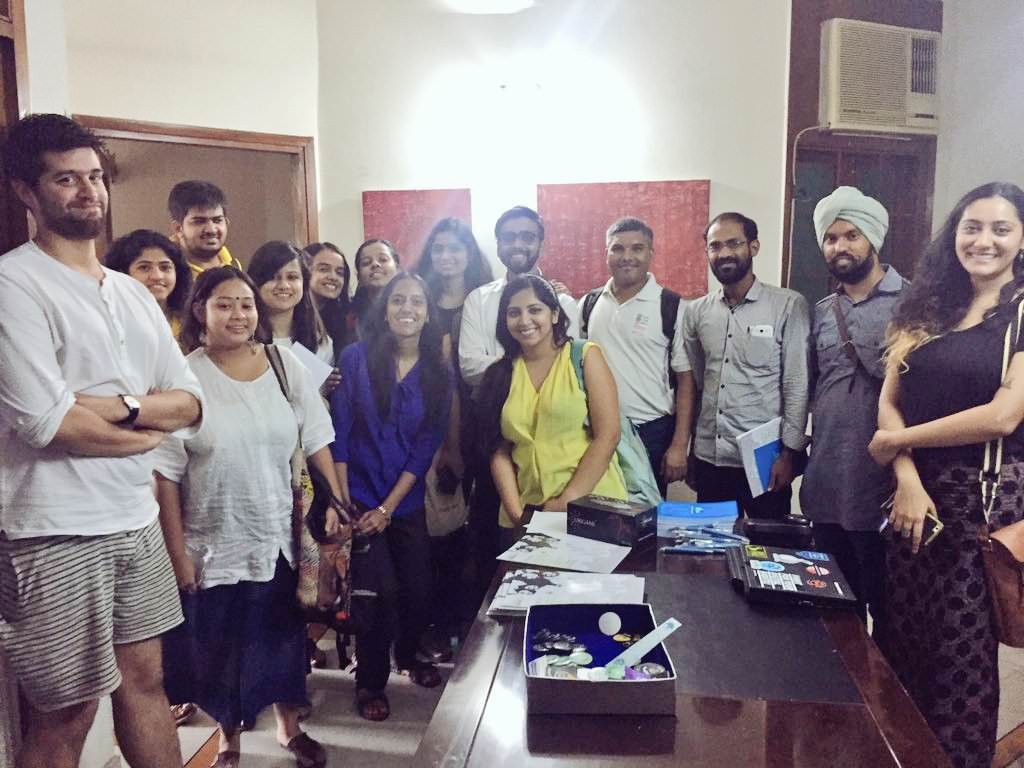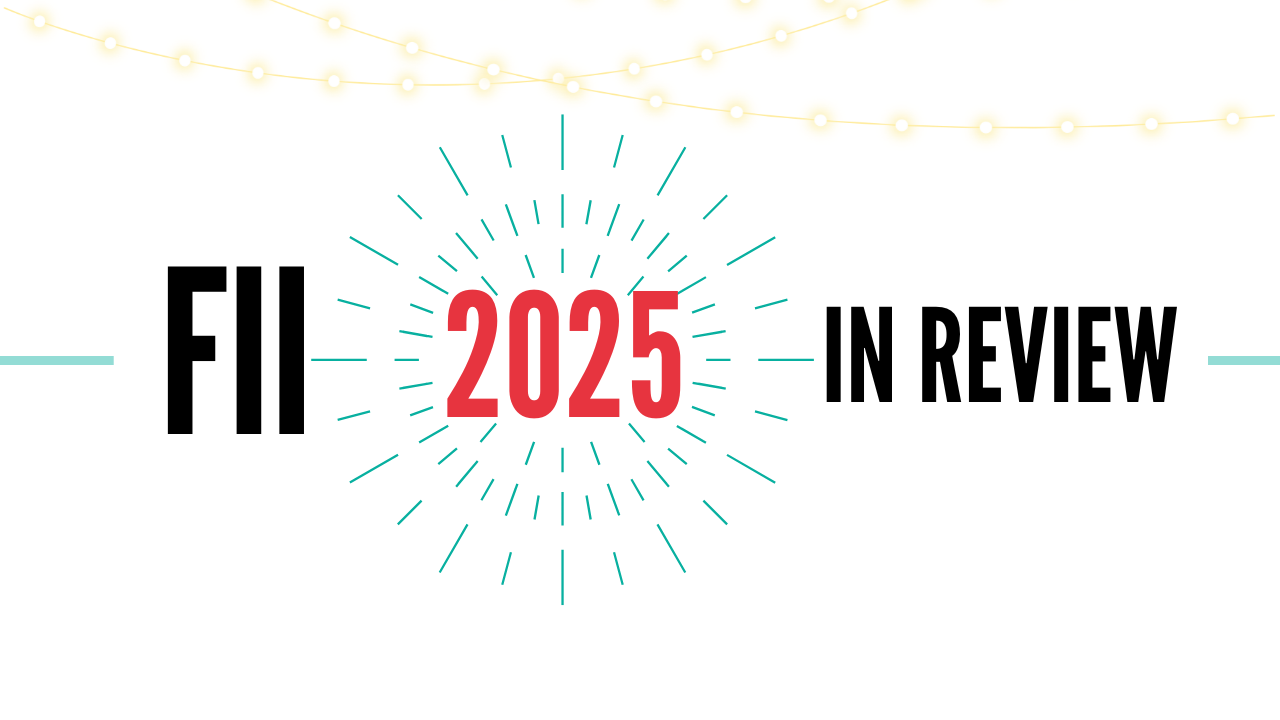On 8th July 2016, Feminism in India along with Software Freedom Law Centre (SFLC.in) held a workshop on combatting online harassment and an introduction into digital security.
The workshop was aimed at addressing the rising instances of hate, abuse and harassment faced by Internet users in general and women in particular, and discuss the ways in which this affects the Internet’s utility as a platform for free speech and expression. It also discussed measures that can be taken to prevent online harassment, ways to tackle it through existing content reporting mechanisms offered by online speech platforms, and legal remedies that are available to victims of harassment.
The workshop was based on Feminism in India‘s campaign on cyber violence against women called #DigitalHifazat, which in turn was based on a research study undertaken by FII founder Japleen Pasricha which documented instances of online abuse and harassment and surveyed 500 individuals (mostly women).
Hello hello! We're at @FeminismInIndia #digitalhifazat campaign pic.twitter.com/CMIP5naQvP
— KrantiKālī (@KrantiKali) July 8, 2017
https://twitter.com/jasveenflies/status/883606152667209728
The workshop started with a discussion on what constituted violence and online abuse, with the participants, who were mostly women, pitching in with their personal experiences of trolling and online harassment. The stories ranged from being trolled on a tweet that expressed solidarity with the #NotInMyName protest to receiving unsolicited ‘dick pics’ via email to instances where online ‘stalking’ had progressed to offline stalking and receiving rape threats.
.@japna_p speaking about "trolling" as what it is – online violence against women that is as grave as offline violence.
— Feminism in India (@FeminismInIndia) July 8, 2017
Then, Japleen Pasricha, FII founder, spoke of security measures on Twitter to deal with abuse – from muting and blocking to reporting, before moving on to digital security tips and tricks – from strong passwords and two-factor authentication to keeping ‘location’ switched off on your smartphone unless strictly necessary. She also discussed privacy on the internet, how to check for non consensual use of private images, and data mining by Internet bigs like Facebook and Google.
Google yourself (on incognito mode). Check what info abt you – your name, pics, phone numbers – is publicly available. Put a Google alert on
— Feminism in India (@FeminismInIndia) July 8, 2017
Next, Vaishali from SFLC.in went on to speak about Facebook’s privacy and security options, and then to legal remedies in case of online harassment and abuse. She discussed relevant sections of both the Indian Penal Code and the Information Technology Act, 2000 that could be invoked in the case of cyber abuse. She also spoke about the need to preserve evidence in the form of call logs and screenshots in case of cyber abuse, as well as change all account passwords so that this evidence is not deleted.
Block the perpetrators. Record all communication. Report incidents to service providers with evidence.
— Feminism in India (@FeminismInIndia) July 8, 2017
She also spoke about the due procedure of filing an FIR and also approaching the cyber crime cells, who are better equipped to handling cases of online abuse. Finally, she mentioned, legal remedies ought to be the final recourse, since these cases tend to get dragged on for a long time.
The workshop ended with a lively discussion by the participants on the intricacies of the law with regards to specific cases as well as more experiences of online abuse. Check out the live tweet thread of the workshop here. Stay tuned to further events we hold by following our Events page.
Thank you all for insightful workshop! Amazing job, loved the discussions.
— Nitin Sood (@nnsood) July 8, 2017
https://twitter.com/devika_sona/status/883906589656203264
About the author(s)
Feminism In India is an award-winning digital intersectional feminist media organisation to learn, educate and develop a feminist sensibility and unravel the F-word among the youth in India.




